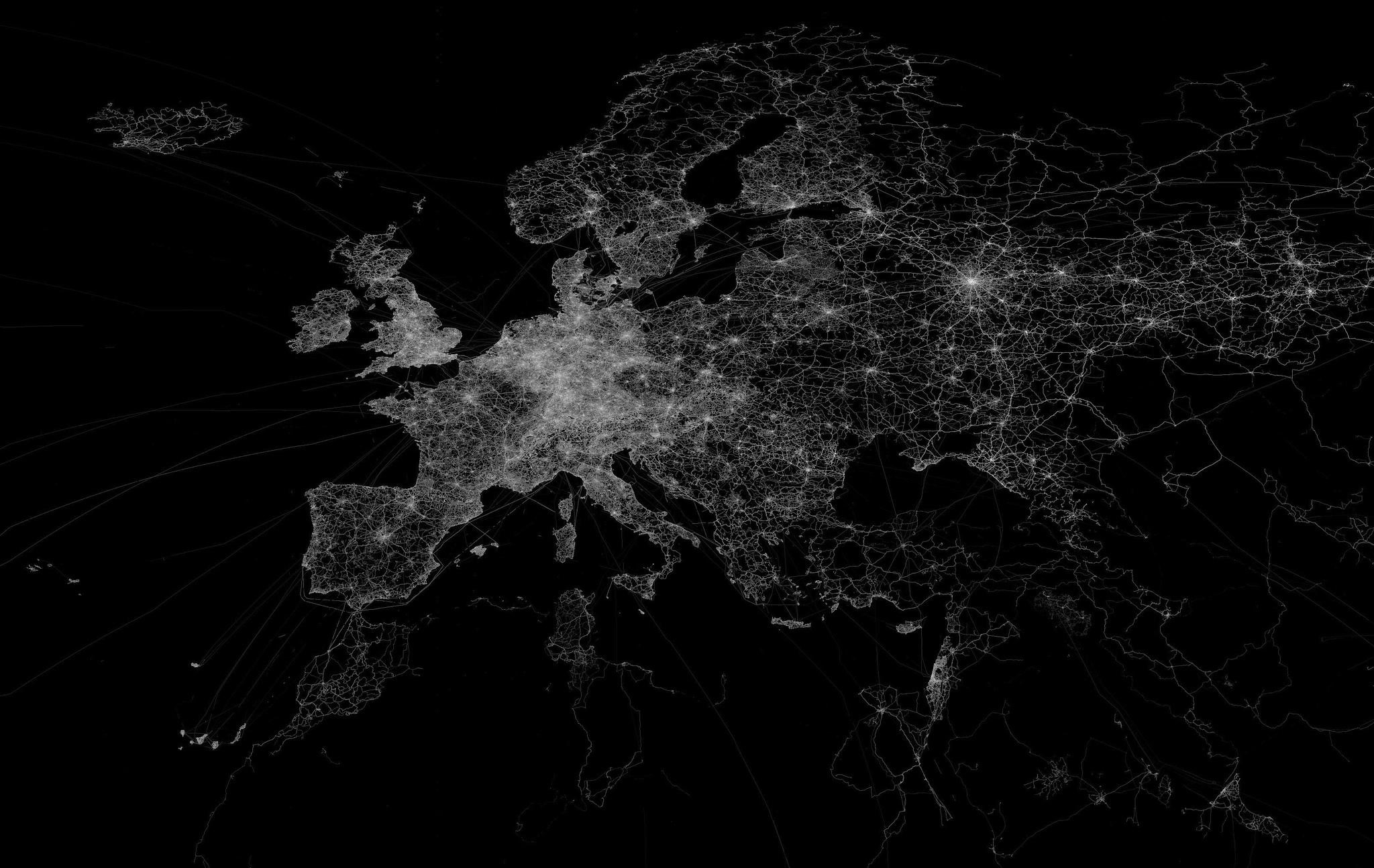An opening game-changer for 2016-how GPS breaks its stale mold of just giving us directions. From our contributor, Trisha:
Many Americans have access to GPS technology directly inside of their car or on a smartphone. However, GPS technology has evolved exponentially over the last 10 years. So much so that it is now being used for much bigger projects. From tracking driver statistics to ensure a safer experience to helping save the lives of endangered species. GPS tech is actually helping to make the world a secure and overall kinder place to live.
Animals & The Environment
Surprisingly enough, the sale and trade of animals is now bigger than ever. Animals are being smuggled for their hides, teeth, claws, and tusks all over the world. Authentic animal parts catch a high price in most areas around the world. Some rhinos, elephants, and even sharks are nearing extinction due to poaching of these majestic creatures. To combat the problem, the U.S. Agency for International Development has partnered with National Geographic, The Smithsonian, and TRAFFIC to offer a $500,000 prize to the person or people who develop new technologies to save the lives of these animals.
As a result, Nikkita Patel at the University of Pennsylvania developed technology to record GPS trends where poaching most often occurs. The data funnels into a system that shows an interactive map of the areas with the densest reported animal trafficking. This not only allows officials to step in and stop the current trafficking violations taking place, but it ensures a plan of action for the future. Police and animal activists can make educated predictions as to where these poachers might be heading next in order to get a jump on these criminals.
Saving the Lives of Drivers
Handheld GPS technology has evolved to include the tracking of speed, driving patterns, and it can actually alert the authorities in case of a collision. What’s more, this technology is now being installed right into in cars’ computers, eliminating the need for a handheld device. Volvo has been working with a team in Europe that tracks the patterns of elk and deer in Northern Finland. This team has been able to successfully monitor and predict these animal’s habits and migration patterns in order to decrease the amount of vehicular accidents caused by elk and deer.
About 1.25 million deer and elk crashes occur in North America alone every year. If all goes as planned the company will launch the technology nationwide next year, then hopefully worldwide. The technology actually pinpoints locations and times that are most common for animal collisions. Volvo plans to integrate this software into all their Finnish vehicles in 2016 so that drivers will automatically be alerted to potentially dangerous driving areas before disaster strikes.
No matter the case, it is clear that the rapid evolution of GPS technology can and will be used for outstanding purposes. Technological advances, like tracking and mapping software, are a necessity in order for cases like these to become a problem of the past.
photo credit: Eric Fischer/Flickr

